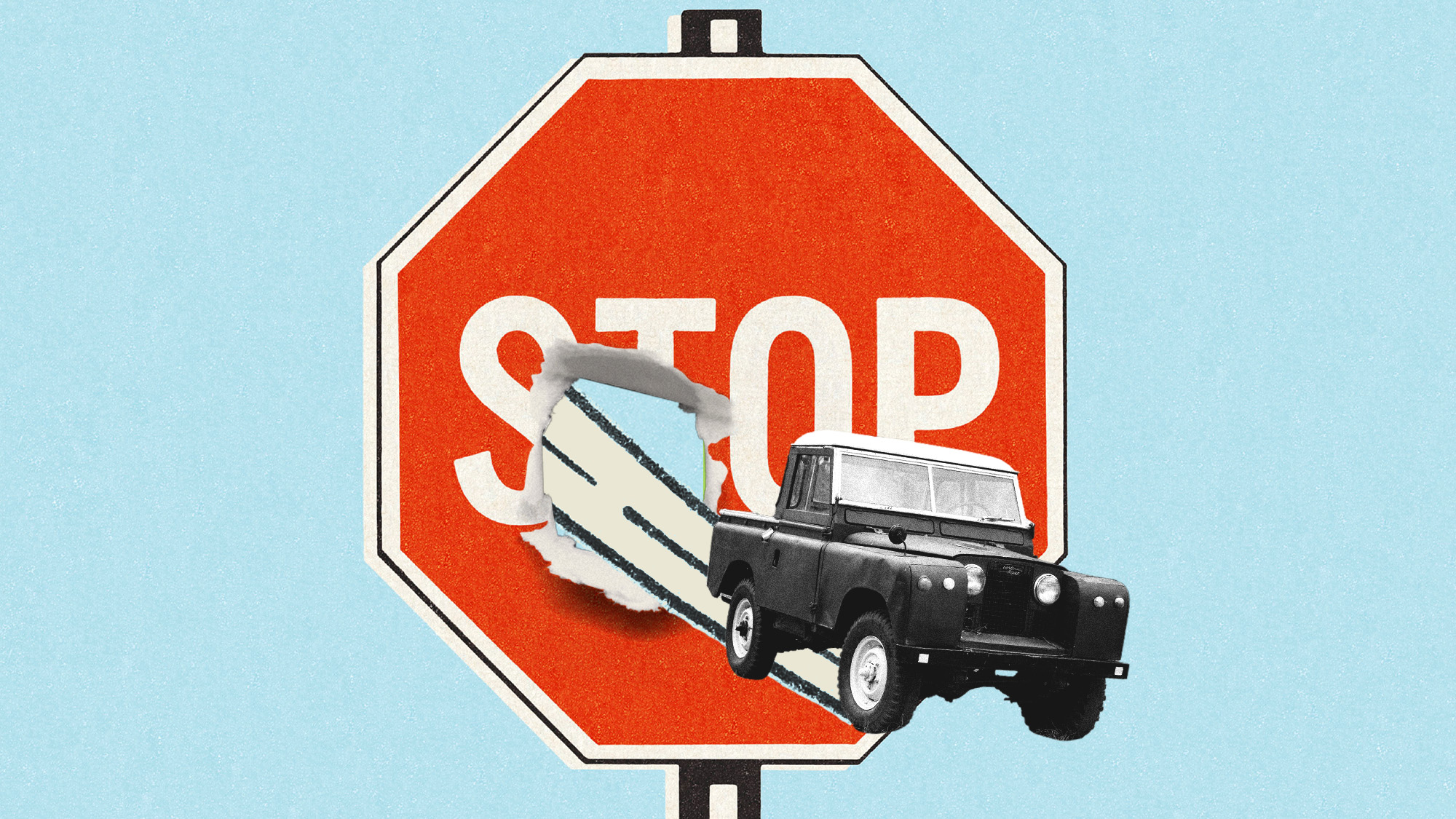Venezuela’s revived opposition
Hugo Chavez faces a real challenge to his single-party rule
Venezuelan President Hugo Chavez “is not feeling the love,” said The New York Times in an editorial. In state and local elections Sunday, opposition candidates won five of the 23 governorships, including in the most populous and richest states, and the mayoralties of Venezuela’s two biggest cities, Caracas and Maracaibo. Chavez can no longer “buy public sympathies,” and he should accept that more than half his citizens chose local rule by his opponents.
So how did the opposition come back from irrelevance? said The Washington Post in an editorial. After years of “extreme and counterproductive tactics”—boycotts, a national strike, an attempted coup—they “finally found a winning answer: democracy.” If they can now fight crime and manage public services better, Chavez is in real trouble.
The election was bad for Chavez, but it “hardly adds up to a stinging rebuke,” said Ben Whitford in Britain’s The Guardian. Opponents won the cities and urban slums and a decent foundation for a viable movement, but Chavez got more votes and won the rural areas by wide margins, and he can “legitimately claim a mandate” for his socialist “revolution.”
The Week
Escape your echo chamber. Get the facts behind the news, plus analysis from multiple perspectives.

Sign up for The Week's Free Newsletters
From our morning news briefing to a weekly Good News Newsletter, get the best of The Week delivered directly to your inbox.
From our morning news briefing to a weekly Good News Newsletter, get the best of The Week delivered directly to your inbox.
A free daily email with the biggest news stories of the day – and the best features from TheWeek.com
-
 Zimbabwe’s driving crisis
Zimbabwe’s driving crisisUnder the Radar Southern African nation is experiencing a ‘public health disaster’ with one of the highest road fatality rates in the world
-
 The Mint’s 250th anniversary coins face a whitewashing controversy
The Mint’s 250th anniversary coins face a whitewashing controversyThe Explainer The designs omitted several notable moments for civil rights and women’s rights
-
 ‘If regulators nix the rail merger, supply chain inefficiency will persist’
‘If regulators nix the rail merger, supply chain inefficiency will persist’Instant Opinion Opinion, comment and editorials of the day